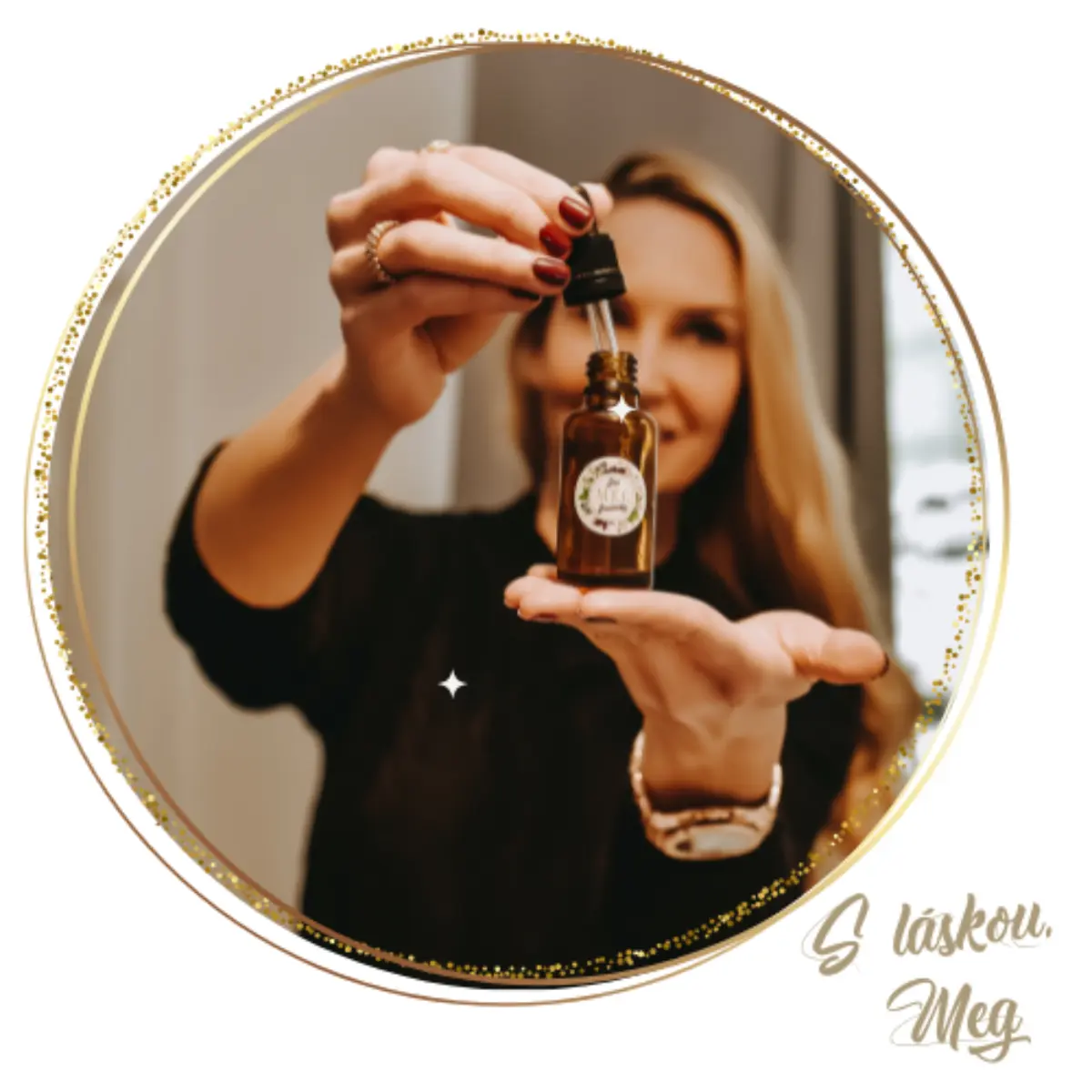11 Reasons why alcohol harms (not only) women
It presents itself as a companion in tough times—when we are exhausted, feeling down, or simply need to relax, it extends a helping hand and seemingly takes us exactly where we want to be. It is even so cunning that it convinces us it is exactly what we need and that nothing else compares.
We are talking about alcohol.
How easily one crosses the invisible, tolerable line of alcohol consumption—and whether such a line even exists—is something we have discussed before. However, this topic is so crucial that we will delve into it even further in this article.
Let’s take a closer look at what regular alcohol consumption does to our bodies. And yes, this includes even a single glass of wine or a shot of something stronger each day.

Many people believe in the myth that it takes about 21 days to form a habit. According to the latest studies, the actual number is closer to 66 days. But don’t be fooled—there is a significant difference between building healthy, positive habits and those that harm your health. The latter take hold much faster, and the risk of forming an unhealthy habit is significantly higher. When it comes to alcohol, addiction can develop in just a few months.

Even a single daily drink poses a risk to our bodies. That’s because the primary component of alcohol—ethanol—is responsible for intoxication, a false sense of relief, and temporary relaxation.
Alcohol affects the entire body, starting with the liver, where ethanol is metabolized into a toxic substance called acetaldehyde. This compound damages liver cells and can lead to serious diseases.
Since the liver is a vital organ responsible for keeping the body functioning properly, its impairment by acetaldehyde has widespread consequences, affecting overall bodily function.
11 Reasons why regular drinking poses a serious risk to our health (and our lives)

Memory issues or memory loss:
- Ethanol impacts brain function, causing temporary euphoria and damaging nerve cells.

Dehydration:
- Alcohol has diuretic effects, increasing urine output.
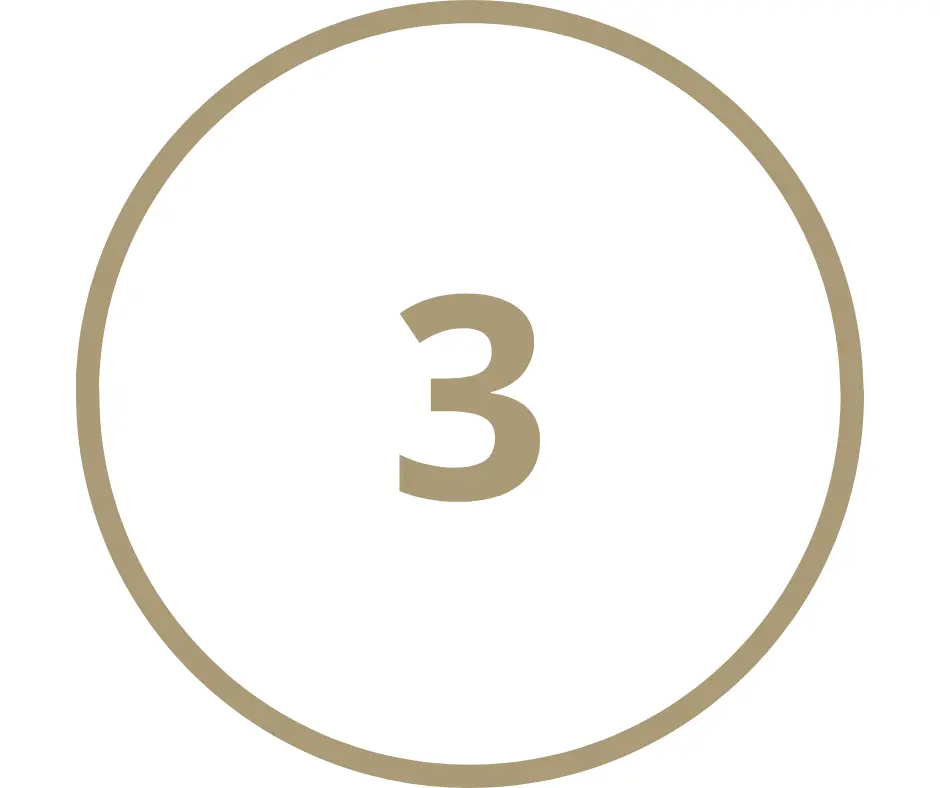
Swelling:
- If the body lacks water, it may start retaining fluids, leading to swelling.
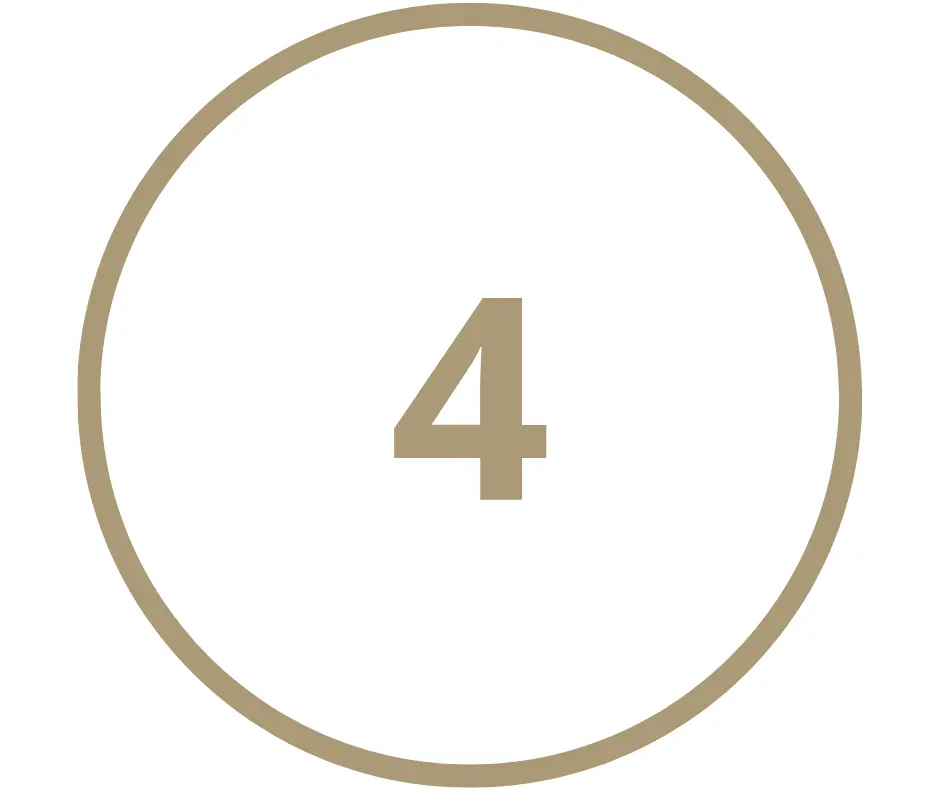
Poor sleep quality and headaches:
- Alcohol disrupts sleep quality, particularly deep sleep and REM phases, leaving you feeling exhausted and prone to headaches.
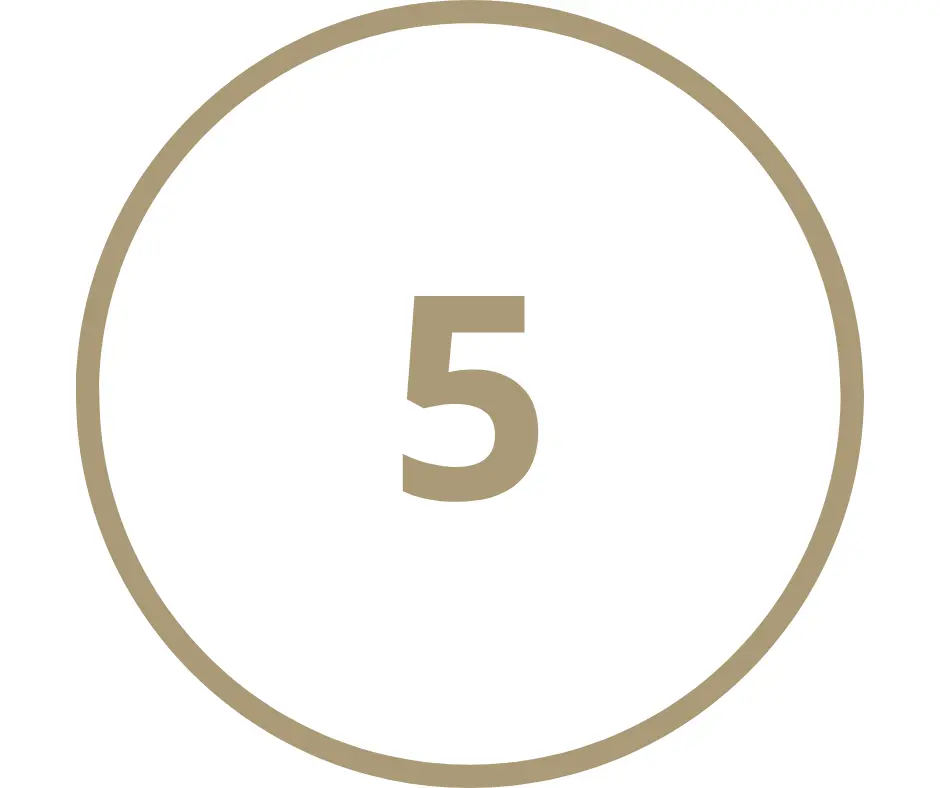
Alcohol is a poison:
- When the body metabolizes ethanol, it produces acetaldehyde—a toxic compound. This alone confirms that alcohol is essentially poison for the body.

Impact on gut microbiome:
- Alcohol disrupts gut microbiome balance, reducing beneficial bacteria and promoting the growth of harmful microorganisms.

Deterioration of skin appearance:
- Alcohol can increase oil production in the skin, leading to clogged pores and worsening acne.

Inflammatory reactions:
- Those with sensitive skin may experience redness, irritation, or worsening of conditions like rosacea or dermatitis.

Premature aging:
- Alcohol increases oxidative stress in the body, leading to cellular damage and skin aging.

Effects on personal and professional life:
- Fatigue, reduced concentration, tension, conflicts, aggression, and many other issues can arise from regular alcohol consumption.

Weight gain – a significant and unwanted impact for many women:
- A large beer contains as many calories as half a bar of milk chocolate, while two glasses of wine have the same caloric value as an entire row of chocolate.
.
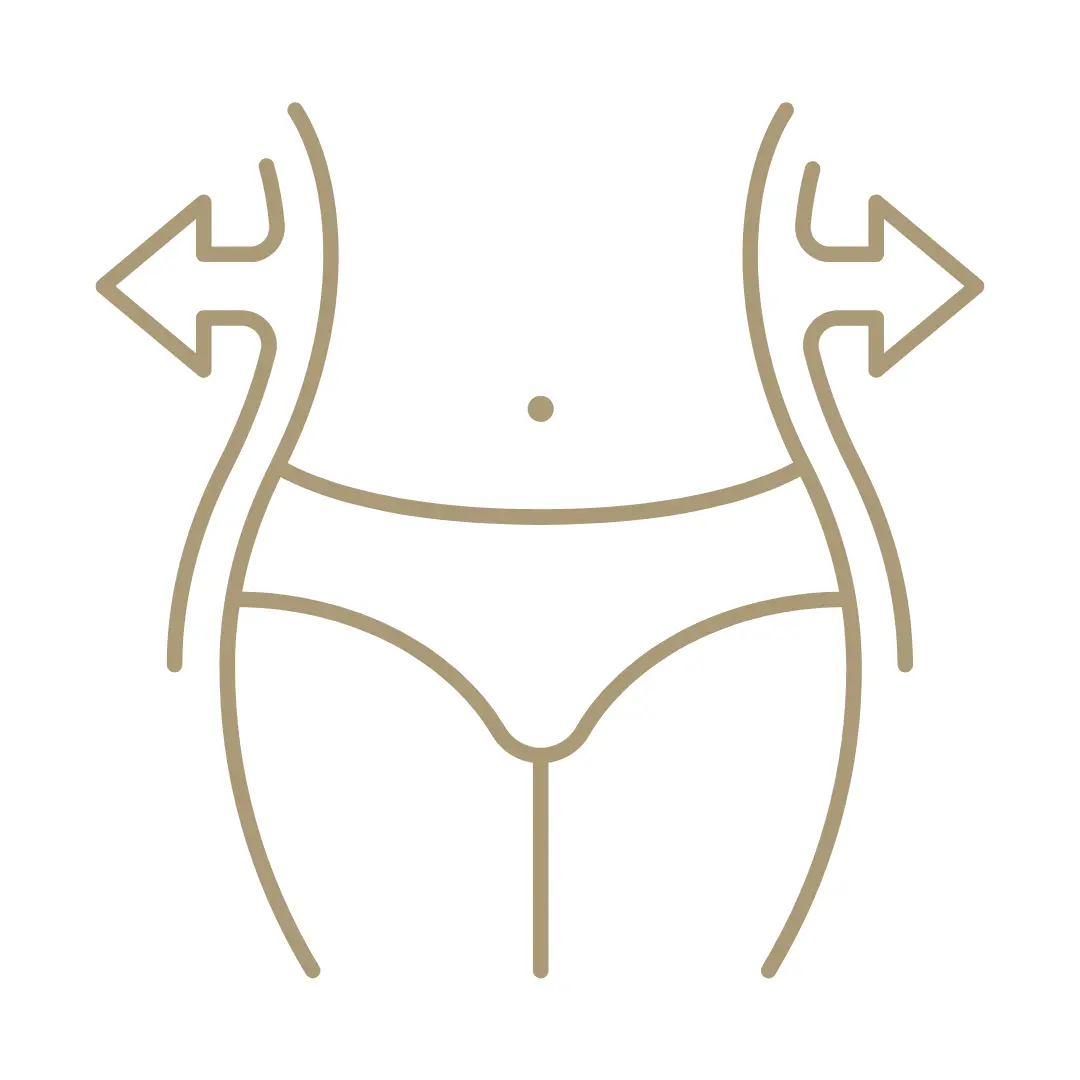
Alcohol is calorie-dense:
- Regular alcohol consumption can significantly increase total caloric intake, leading to fat storage.

Alcohol alters metabolism:
- Since the body prioritizes metabolizing alcohol over other nutrients (such as carbohydrates and fats), fat burning slows down, resulting in fat accumulation.

Increased appetite:
- Alcohol can stimulate appetite, not just while drinking but even the following day when fatigue kicks in, leading to cravings for high-calorie, unhealthy foods (salty, greasy, or fried snacks).

Fat accumulation in the abdominal area:
- Regular alcohol consumption contributes to fat storage around the abdomen, often referred to as a "beer belly." This type of fat—visceral fat—is linked to an increased risk of diabetes and cardiovascular diseases.

Disrupts hormonal balance:
- Alcohol affects hormone levels, including insulin and cortisol, which can impair the body's ability to burn fat and lead to fat storage.
One bad decision often leads to a chain of more bad choices.
We pour ourselves a drink, crave something to snack on, open a bag of chips, and turn on Netflix. We justify it as well-deserved relaxation after a long day.
We stare at blue light screens, go to bed at midnight, sleep poorly due to alcohol, wake up tired, swollen, and craving sweets.

We don’t eat properly throughout the day, experience constant cravings, and fuel ourselves with coffee and chocolate for energy. Even if we manage to work out, our sleep deprivation and poor nutrition put our bodies under stress, preventing any real progress, including weight loss. Frustrated and exhausted, we pour ourselves another drink to "feel better." This is an unpleasant cycle that never seems to end.

The worst part is that alcohol only worsens everything—even though it may seem like it provides temporary relief. In reality, alcohol has probably never solved a single problem; it has only made things worse.
Whether you’re drinking to drown your anger toward your partner, resentment toward your boss, or the overwhelming exhaustion of motherhood, it’s understandable that alcohol makes you feel better in the moment. But what’s really happening inside is emotional suppression, not problem resolution.
However, the goal is not to make you feel guilty or ashamed.
It's normal to find ourselves in life situations that are challenging, and we may not always have the strength to resolve them effectively right away.
The effects of regular alcohol consumption are, of course, very unpleasant and complicate life not only for the person drinking but also for those around them. The greatest risk lies in how subtly addiction can develop. What starts as a single glass after a tough day at work or home can turn into a dangerous dependency that is difficult to break free from.
Why do we drink?
Unfortunately, today's fast-paced world demands quick fixes. There's no time to waste, so we often turn to things that bring us immediate relief and a sense of calm.
However, this relief is only temporary. Instead of addressing the root cause of our problems, we merely suppress them. This applies even when we feel the urge to have at least one glass of wine every day.

Long-term suppression of problems is definitely not the right way to solve them.
If you're ready to make a change, to break free from unhealthy habits, and to start addressing your internal struggles and conflicts, embark on a journey with Bach essences.
They will help you release emotional blockages, guiding you toward a healthier, happier version of yourself.
How to reduce alcohol consumption and face problems head-on
1. Recognize the habit
The first step is to acknowledge that you’re pouring yourself a drink. Bring awareness to this automatic behavior. Pause and say to yourself: “Oh, I’m about to pour a drink.”
2. Notice your emotions
The second step is to observe how you feel when you reach for that glass of wine (or beer). Are you tired, stressed, irritated? Upset with your partner? Exhausted from the kids?This step is crucial because it's emotions that drive us to drink.
3. Observe the impact
After drinking, you may feel temporary relief, but what happens the next morning? How do you feel? How does your body look? How is your energy and mood?
Most often, the body feels swollen, the skin looks tired, energy is low, and irritability takes over. There’s little motivation to do anything, and cravings for unhealthy foods increase (because a fatigued body craves sugar, especially highly processed carbs).
At this moment, recognize that the drink from the previous night didn’t truly solve anything.The bottom line: a short moment of relief comes with major downsides.
Are you ready for a real transformation to feel genuinely fulfilled long-term?
4. Healthy and quick help in urgent situations
The next time you feel overwhelmed and tempted to pour a drink—whether you want to cry, scream, or punch something (which, if safe, can be a good release)—you have another option:Calm your nervous system with M.E.G therapy dr. Bach - Acute crisis - SOS drops. Take four drops on your tongue, wait five minutes, and repeat. These drops will help you regain balance quickly so that strong emotions don’t take over your decision-making. Instead, you’ll be guided by a calm and rational mind. Keep them with you throughout the day, and the moment you feel a weak moment coming on, take them immediately until you feel completely at ease.
5. Address the root cause
Now that you have support for difficult moments, it's time to go deeper and solve the source of the problem. It’s time to eliminate the root cause—and M.E.G therapy dr. Bach - Customized drops specifically for you, can do just that. A personalized blend of essences can dissolve deep-seated issues, even those you weren’t fully aware of, but that left you feeling uneasy. By identifying and eliminating the original emotional block, the need to pour yourself a glass of wine will simply disappear—because there will no longer be a reason to drink.
6. Reset your system
Drawing a clear line between your painful past and a brighter future is possible with our Detox.This detox will cleanse your body of accumulated toxins (which may have built up due to alcohol consumption) and kickstart your weight-loss process.
7. Recharge your energy
Your body needs your support now more than ever. Help it recover with double doses of Vitamin C, and repopulate your gut with beneficial bacteria.
Solve the root cause, don’t just suppress the symptoms.
I’m rooting for you!
